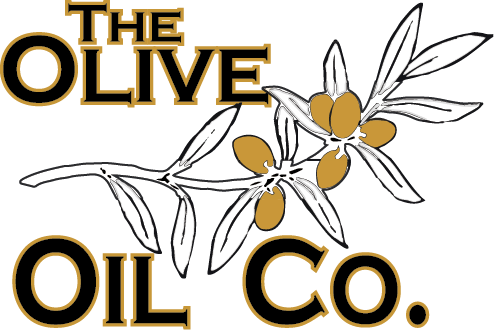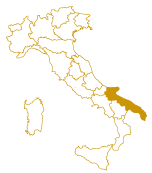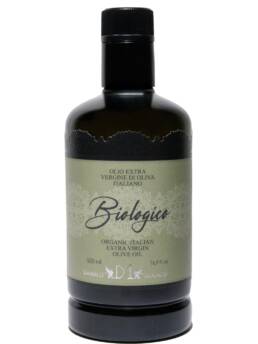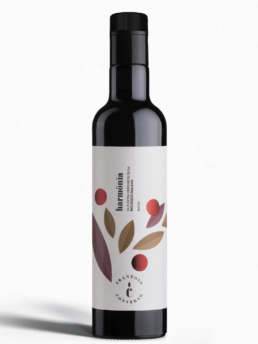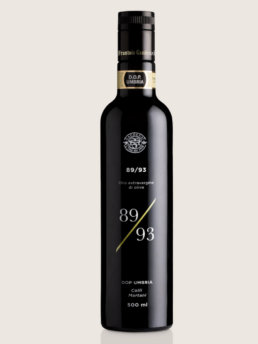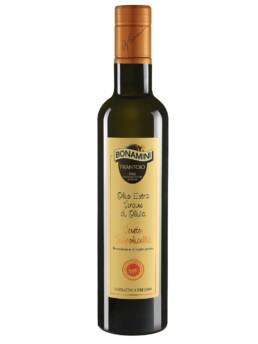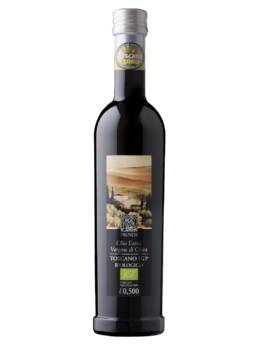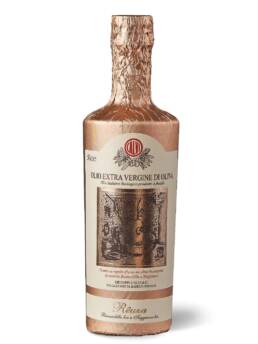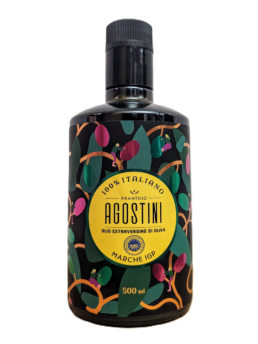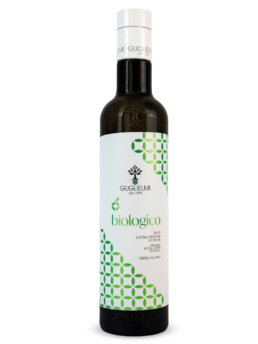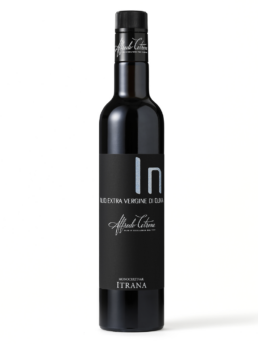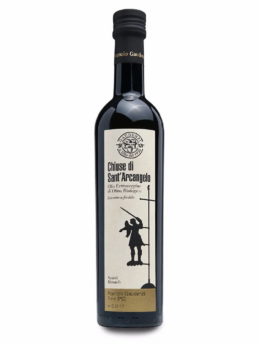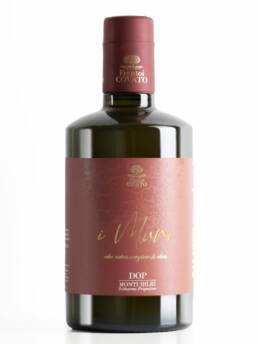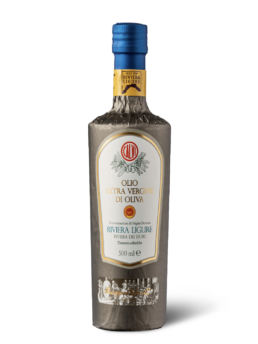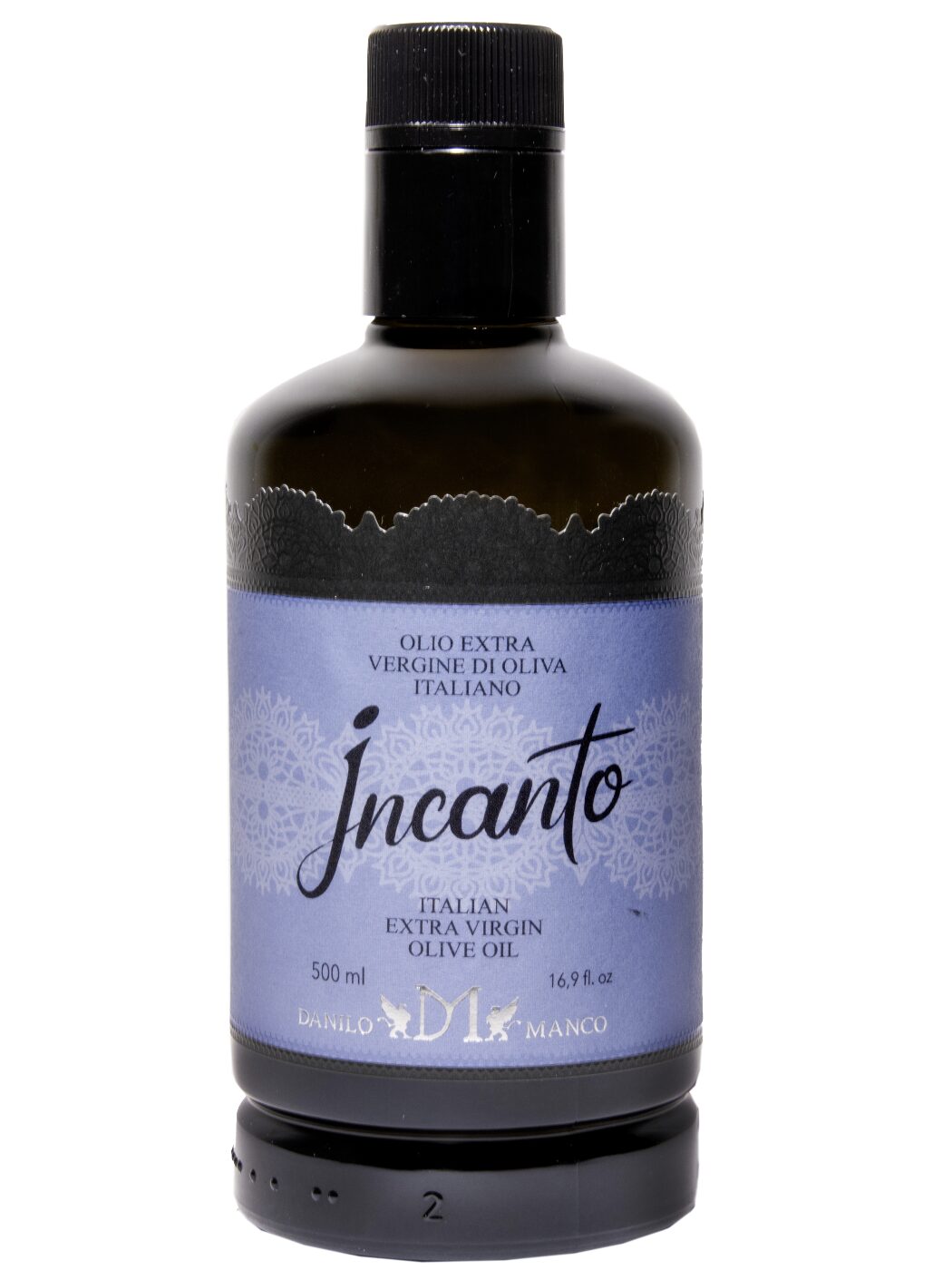
New Packaging
New Packaging
New Packaging
New Packaging
New Packaging
New Packaging
New Packaging
New Packaging
NEW BOTTLE, SAME PRODUCT, LONGER LASTING
Our main objective is to ensure the product stays as fresh and high-quality as possible, which is why we’ve switched to a dark bottle. Over the next few weeks, you’ll notice a change in the packaging across the Danilo Manco range. The new bottle is available only in 250ml, 500ml, and 750ml sizes.
DESCRIPTION: Our most awarded extra virgin olive oil, filtered olive oil with an intense flavour of grass and artichoke
COLOUR: Light green
ACIDITY (At Origin): 0.14
CULTIVAR: Nocellara messinese, Tonda Iblea
INTENSITY: Medium fruity
TASTE: A balanced bitter and peppery aftertaste
SCENT: Fresh grassy taste with an artichoke flavor
PRESSING: Cold extraction
FILTERED
HARVEST: 2024/2025
(£28.95 per 1lt)
BAG IN BOX: The bag-in-box container provides excellent protection to olive oil from both light and oxygen, as there is no headspace filled with air at any time during its use. Same size of the tin, better protection for your Evoo in 3lt and 5lt
HONORS & AWARDS: Great Taste 2011,2012, 2013, LIOOC 2020
AWARDS:




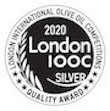
Are you a trade customer? If you are a trade customer, please email us at trade@theoliveoilco.co.uk
Best matches served on grilled meat, boiled vegetables and soup, and served raw it is a perfect complement to any dish
PASTA ALLA NORMA
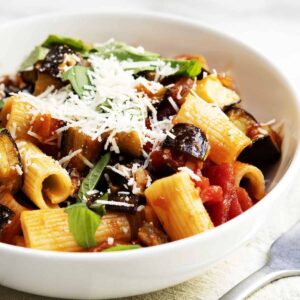
INGREDIENTS for 4 people
1 batch Tomato Sauce (HERE THE RECIPE) or ready passata
2 or 3 medium aubergine (about 1.2 kg in total)
¼ cup + 2 teaspoons Sicilian INCANTO extra-virgin olive oil
¼ teaspoon fine salt, more to taste
350 gr. rigatoni, ziti or spaghetti
½ cup chopped fresh basil, plus a handful of small basil leaves or torn leaves for garnish
½ to 1 teaspoon red pepper flakes, to taste (optional)
½ teaspoon dried oregano
¾ cup (45 gr.) finely grated Ricotta Salata and/or Parmesan cheese
Tomatoes sauce: Cook the sauce per instructions. If it’s done cooking before you’re ready to assemble, cover the pot and keep it warm over very low heat. If you’re using ready store-tomato sauce, warm it in a pot over medium-low heat while you cook the pasta.
Meanwhile, preheat the oven to 425 degrees Fahrenheit with racks in the upper and lower thirds of the oven. Line two large, rimmed baking sheets with parchment paper for easy clean-up.
Use a vegetable peeler to shave off long alternating strips of eggplant peel. The eggplants will look striped like zebras when you’re done. Then slice the eggplants into ½-inch thick rounds, discarding the end pieces.
Place the eggplant on the lined baking sheets. Brush the rounds with olive oil on both sides. Sprinkle the aubergines with salt and plenty of pepper. Roast until deeply golden and tender, about 35 to 45 minutes, flipping after 20 minutes. Set aside.
Bring a large pot of salted water to boil and cook the pasta until al dente, according to package directions. Reserve some pasta cooking water before draining (about ½ cup should be plenty), then return the pasta to the pot.
When the eggplant is done and the marinara is finished cooking (or warmed through, if using store-bought), gently stir the roasted aubergines into the sauce. Add the remaining 1 teaspoon olive oil, fresh basil, red pepper flakes (skip if you don’t like spice or load it up if you do). Crush the dried oregano between your fingers as you drop it in.
Add the pasta to the sauce with a couple of tablespoons of the reserved pasta cooking water, and gently stir it in. Add about two-thirds of the cheese, reserving the rest for garnish. Season to taste with additional salt (I usually add ¼ teaspoon more) and black pepper. You can add a bit more of the reserved pasta cooking water to loosen up the sauce if desired.
Divide the pasta between four bowls. Sprinkle the remaining cheese on top of the individual servings, followed by some extra fresh basil. For added richness, drizzle the servings lightly with olive oil. Enjoy! Leftover pasta will keep well in the refrigerator, covered, for 4 to 5 days.
Shipping and Handling
Delivery charges are: £5 for orders of up to £25, £3.95 for orders up to £35, £2.95 for orders up to £45. Delivery is FREE for orders over £45 before transport and any Vat where applicable (for UK customers only excluding Islands, please contact us if you don’t live in this area). We do not Ship outside the UK.
UK Remote areas and offshores where extra fees apply
ROAD SERVICE OPTIONS
|
Scottish Highlands and Offshore Options
|
Delivery Schedule
We deliver Tuesday to Friday. Orders placed by 9 am will be dispatched the same day and will be delivered by our approved courier to arrive within 48 hours. Please be aware that all packages MUST be signed for, checked first and cannot simply be left in a garage or porch.
Orders placed after 9 am will be dispatched the following day.
Back Orders
Because we use small suppliers and sell a lot of seasonal products, all goods featured on our website are subject to availability. We endeavour to keep the website updated but if a product you order should be unavailable you will be notified of this by phone or email and given the chance to choose an alternative item, cancel your order completely, or put it on back order to wait until it is in stock (we will ship your other items to you if you wish).
If we are unable to contact you we will go ahead and dispatch the rest of your order without the said item.

It all started in my early days thanks to my grandfather.
He loves olive tree like it was a “family member”.
I remember once when I was a kid and harvest arrived I used a wooden stick to get the olives off the branches as it was quicker with the result of him going mad at me and when asking the question “why?” the answer was simpler than I could think of, “now imagine that I will do the same on you, how would you feel?”
Very true “Nonno”, you never did that to me but what you have done is giving the passion that you had for the wonderful and ancient product.
Today I still look at the olives flowers during spring and at the actual olives during harvesting with the same emotion and little grin that I vividly remember your expression did.
Thank you “Nonno Pasqualino”
Danilo Manco
Add a review Cancel reply
In a cool, dry place. Protected from light, heat sources and unpleasant odors. Once opened, minimize exposure to air.
Best consumed within 18 months from the date of bottling.
Why does olive oil get cloudy and thick?
Probably at some point you’ve seen some white lumps in the olive oil you store at home, but you know why?
If you’re a long time olive oil user then it’s possible that at some point you’ve noticed white crystals in the olive oil you keep at home. But do you know what they are and why they are there?
To explain, let’s start by comparing the freezing process of olive oil and water:
Water is a homogeneous liquid made entirely of H2O (hydrogen and oxygen) molecules. Since it’s made of one type of molecule, all of its particles freeze at the same temperature: 0ºC (32º fahrenheit). As the temperature lowers, the movement of the water molecules becomes slower until the water reaches freezing temperature at 0ºC, at this point the molecules stop moving and the water freezes and becomes solid: ice.
A similar process takes places with olive oil, but olive oil is not a homogeneous liquid like water is. The difference is that olive oil is made of a few different molecules, called triglycerides, and each has its own freezing temperature. The freezing point of these different molecules ranges between 0ºC and 15ºC depending on the fatty acid composition. The colder the olive oil gets, the greater the number of molecules that will start solidifying. Cold temperatures is the reason some white crystals may appear in your bottle of olive oil, especially during winter months.
Does that mean the olive oil is not good to use?
Not at all! The olive is perfectly fine without causing any nutrient loss. The freezing process is perfectly natural and has no impact on the quality of the olive oil.
In colder homes and countries in the Europe, olive oil can freeze under normal conditions, especially during the winter. In these cases, don’t worry and just remember that it’s actually better to store olive oil at a cold temperature. Cold temperatures prevent degradation of the olive oil., be sure to store your olive oil in the coldest place in your kitchen or pantry, to keep it as fresh as the first day you got it.
Bag-in-box packaging is a good option for extra virgin olive oil because it protects the oil from air and light, which helps it retain its quality for longer:
- Preserves quality
Bag-in-box packaging prevents air from entering the bag, which minimizes oxidation and keeps the oil fresh. In one study, EVOO in bag-in-box containers retained its high quality for 120 days at room temperature, compared to 80 days for EVOO in stainless steel containers.
- Protects from light
The box around the bag is usually made of metalized foil or corrugated cardboard, which blocks light. Light can impair the quality of olive oil.
- Environmentally friendly
Bag-in-box packaging uses less material than other types of packaging, which means less waste. It also has a lower carbon footprint than glass bottles.
- Practical
Bag-in-box containers come in practical sizes, and they have a built-in tap for easy dispensing
